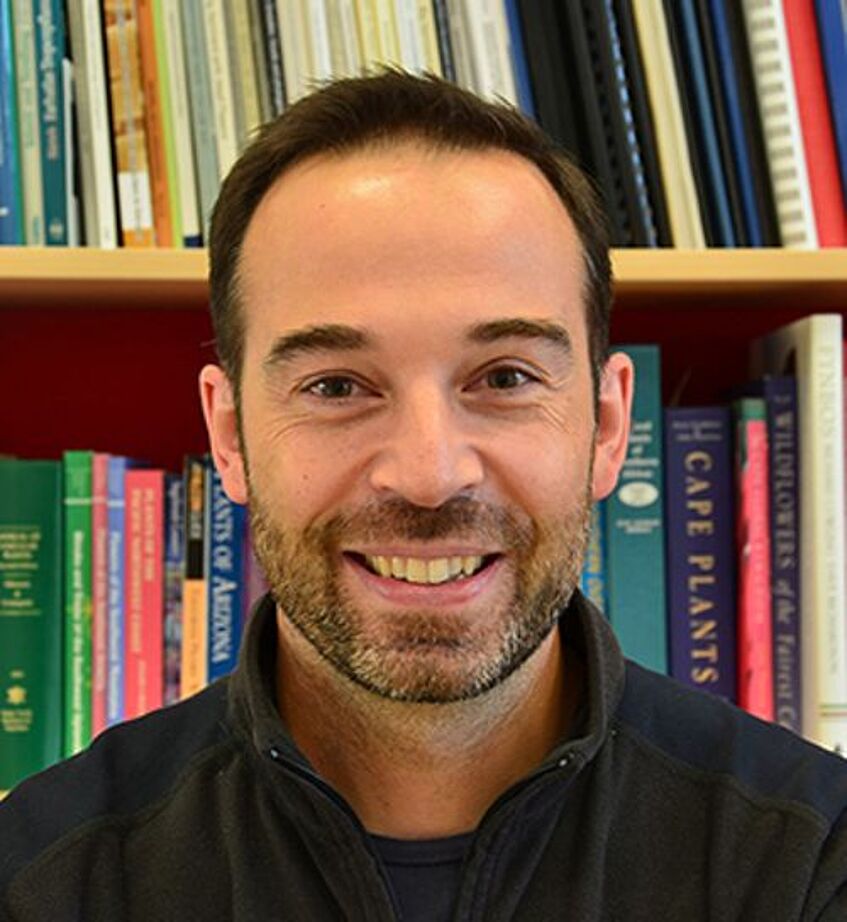The main organizational units involved in the Master's Program Botany are the Division of Systematic and Evolutionary Botany, the Division of Structural and Functional Botany (both at the Department of Botany and Biodiversity Research), the Division of Molecular Systems Biology (at the Department of Functional and Evolutionary Ecology), and the Core Facilities Botanical Garden and Cell Imaging and Ultrastructure Research.
By studying botany at the University of Vienna, students profit from the enormous topical diversity covered by these units, including the molecular plant sciences, (eco-) physiology, molecular systems biology, plant system interactions, plant signaling, proteomics, chemodiversity and metabolomics, molecular ecology and evolutionary genomics, macro-ecology and niche modelling, evolutionary ecology, evolutionary cytogenetics, ecological genomics including epigenetics, biogeography, structural and functional botany, floral and pollination ecology, and systematics and taxonomy of plants and fungi. An overview on thesis supervisors and their their research topics can be found here.
What lecturers say
"Traditionally, botanists have been trained in inventorying known species and discovering and describing new species. In my opinion, these skills are still very important as they allow botanists to have a key role in guiding society in the face of current global threats to biodiversity. However, young botanists trained in these traditional skills have neither much chance of thriving in the highly competitive academic system nor in the non-academic job-market, mainly because they often lack sufficient knowledge of the latest advances in modern evolutionary and genomic research. Conversely, young researchers trained in the latest molecular techniques tend to have a poor understanding of species discovery, description, and identification. So, there is currently a widening gap between two plant science communities and, in my view, this works against the scientific advancement of both fields. Our Master's program in botany here at the University of Vienna aims to bridge this gap and to provide the necessary integrative skills that allow our Masters in Botany to be competitive in the job market and to serve the needs of both society and science."
Prof. Jürg Schönenberger

"The relevance of plants and fungi for mankind and the ecosystem Earth is strongly underrated and hardly present in people's minds. At the same time science is meddling with lifestyle and dietary diseases forgetting to ask preeminent ecological questions and to initiate corresponding research projects. This is where the Master's Program Botany sets in. It conveys up-to-date knowledge and techniques that comprehensively prepare prospective biologists for their main fields of work and their research questions, ranging from plant diversity and its interaction with the environment to sound and also practical techniques in the molecular sciences. Equally important are transdisciplinary system-theoretical thinking and actively linking key disciplines; within the Master's Program Botany special emphasis is put on conveying this conceptual thinking “beyond one’s own nose” to the young students. After all, with these studies personalities are trained that will translate responsible thinking into action and carry it into society."
Prof. Wolfram Weckwerth

